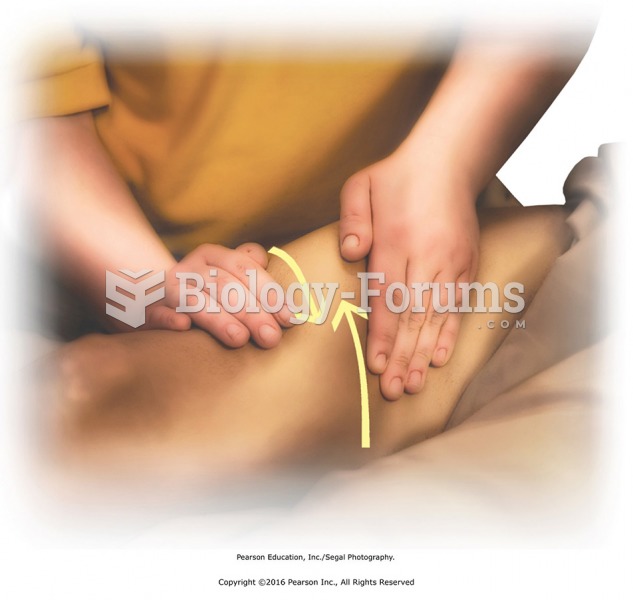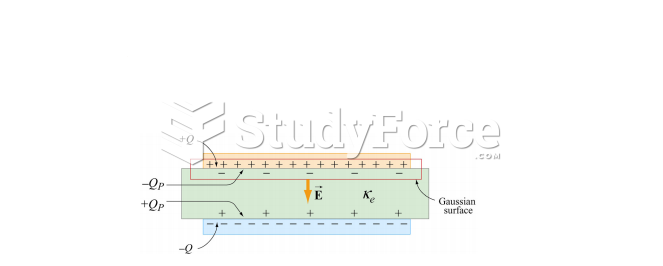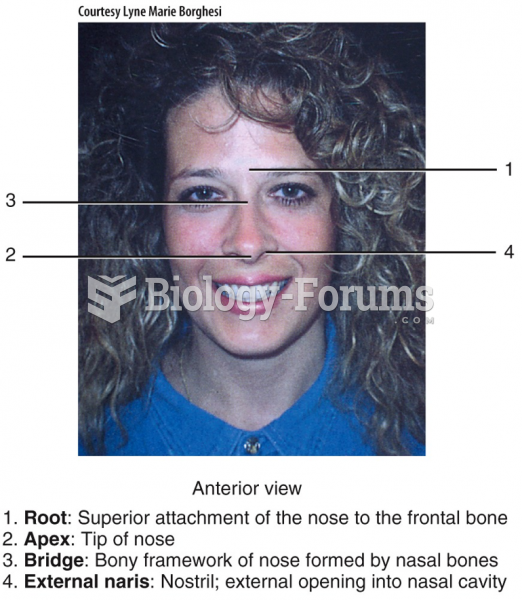|
|
|
Women are 50% to 75% more likely than men to experience an adverse drug reaction.
Once thought to have neurofibromatosis, Joseph Merrick (also known as "the elephant man") is now, in retrospect, thought by clinical experts to have had Proteus syndrome. This endocrine disease causes continued and abnormal growth of the bones, muscles, skin, and so on and can become completely debilitating with severe deformities occurring anywhere on the body.
In most climates, 8 to 10 glasses of water per day is recommended for adults. The best indicator for adequate fluid intake is frequent, clear urination.
Bacteria have been found alive in a lake buried one half mile under ice in Antarctica.
Medication errors are more common among seriously ill patients than with those with minor conditions.







